Brain's Hidden Defenders: Microglia Hold Key to Anxiety Control
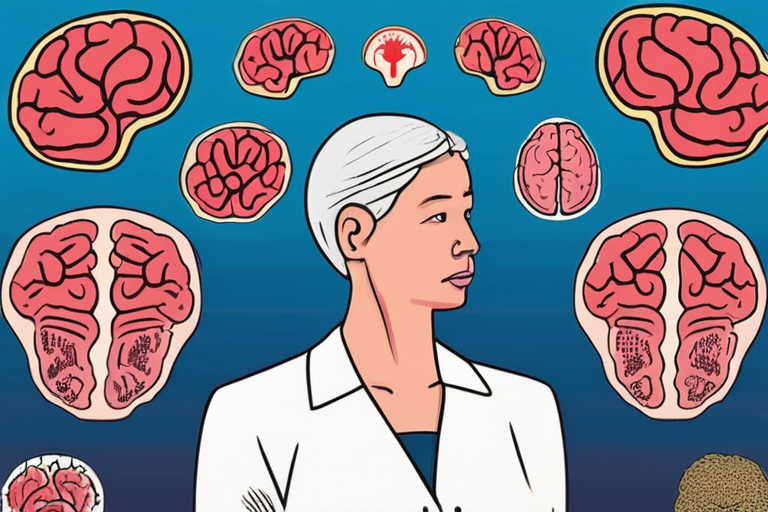
Multi-Source Journalism
This article synthesizes reporting from multiple credible news sources to provide comprehensive, balanced coverage.

Multi-Source Journalism
This article synthesizes reporting from multiple credible news sources to provide comprehensive, balanced coverage.
Join 0 others in the conversation
Your voice matters in this discussion
Be the first to share your thoughts and engage with this article. Your perspective matters!
Discover more articles
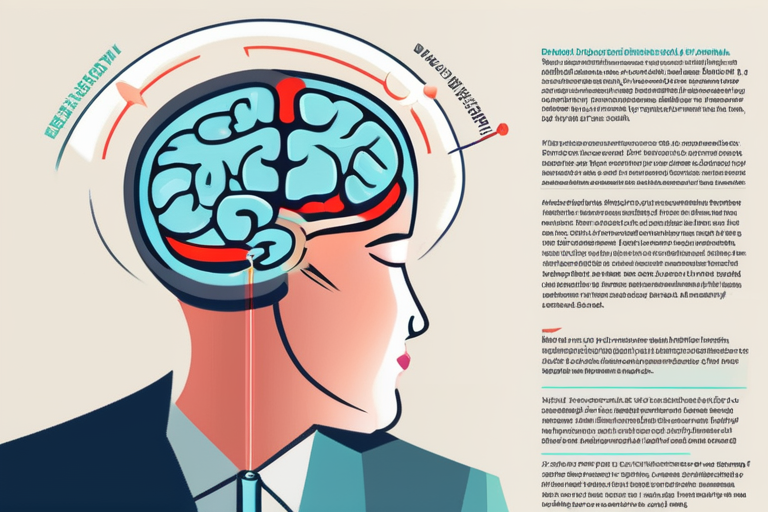
Scientists at Weill Cornell Medicine have made a groundbreaking discovery pinpointing a previously unknown source of free radicals in the brain that fuels dementia. Research from multiple sources, including Weill Cornell Medicine and Science News, re
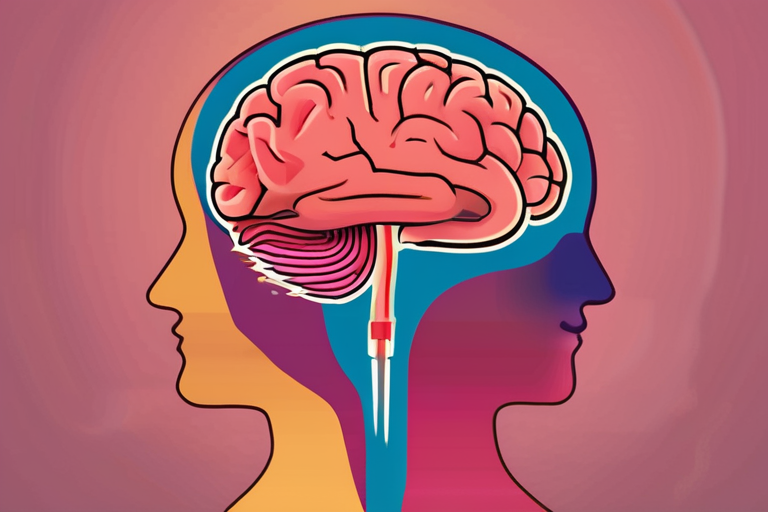
New research suggests that a high-fat, low-carb keto diet may protect young brains from the lasting psychological impacts of prenatal stress, potentially paving the way for early dietary interventions to prevent mood and social disorders in humans. S
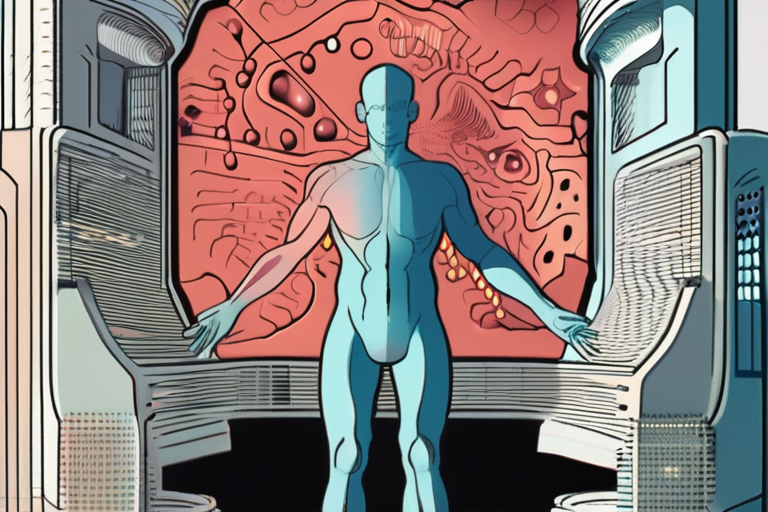
Scientists have launched a $14.2 million project to create a detailed map of the body's "hidden sixth sense," known as interoception, which enables the brain to monitor internal signals and maintain essential bodily functions. This groundbreaking res
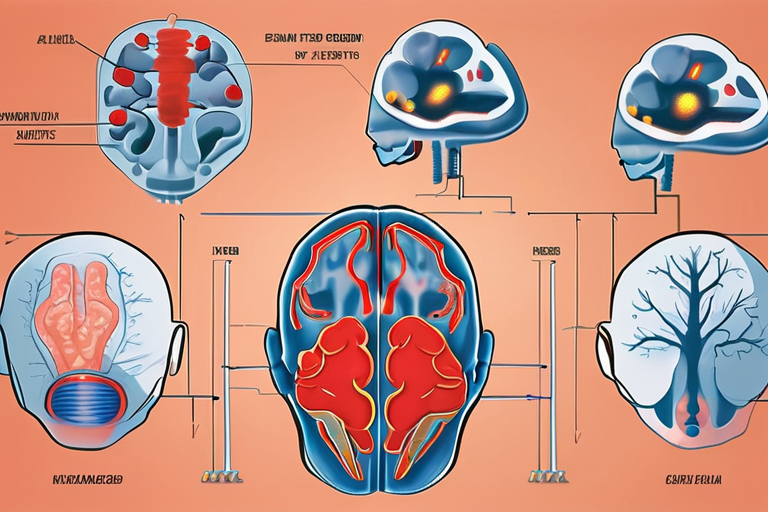
Scientists at the University of Sydney have made a groundbreaking discovery, mapping the brain's natural pain control system in unprecedented detail. Using advanced 7-Tesla brain imaging, researchers identified distinct brain regions responsible for
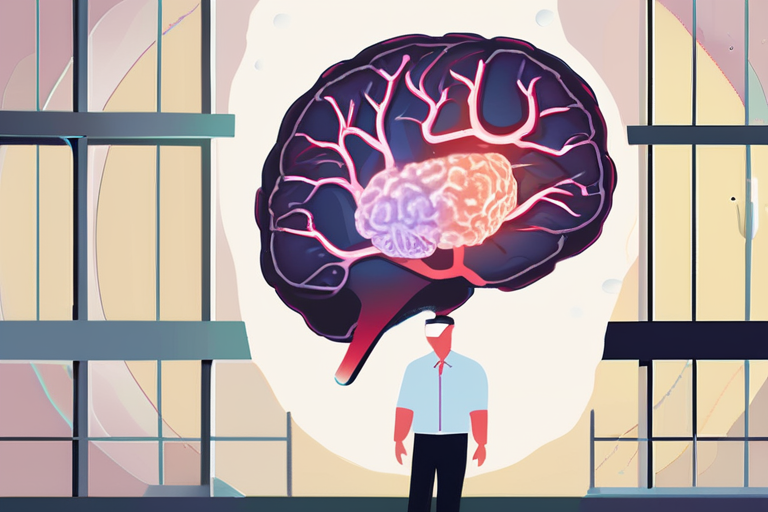
Scientists at Cedars-Sinai have made a groundbreaking discovery, creating young immune cells from human stem cells that can reverse cognitive decline and Alzheimer's symptoms in mice. According to multiple sources, this breakthrough has shown promisi

Scientists at Weill Cornell Medicine have made a groundbreaking discovery, pinpointing a previously unknown source of free radicals in the brain that fuels dementia. These radicals, generated by astrocyte mitochondria, trigger inflammation and neuron
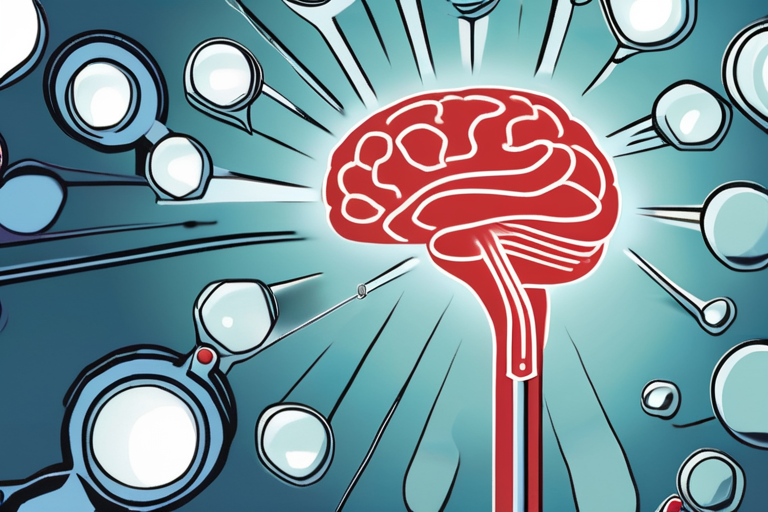
Scientists have made a groundbreaking discovery in pinpointing brain cells linked to depression, identifying two key types - neurons and microglia - with genetic disruptions that contribute to the condition. Through genomic mapping, researchers found
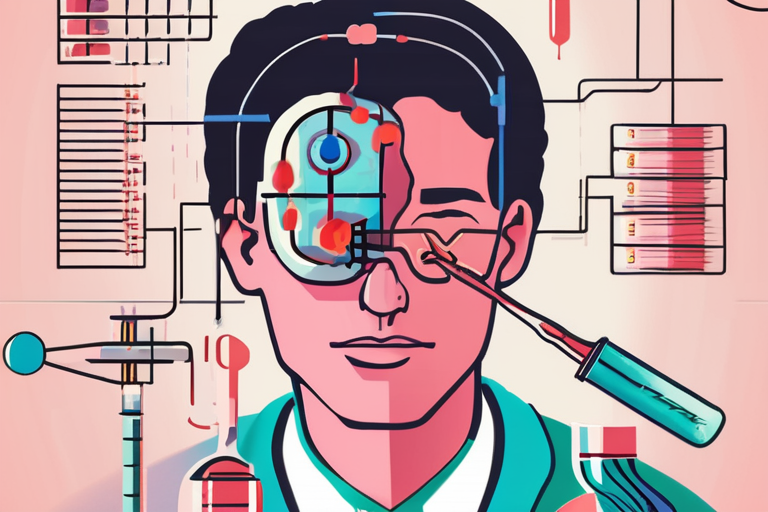
Scientists at the University of Sydney have made a groundbreaking discovery, mapping the brainstem's pain management system with unprecedented precision. This breakthrough reveals a natural, targeted approach to pain relief, utilizing the brain's bui
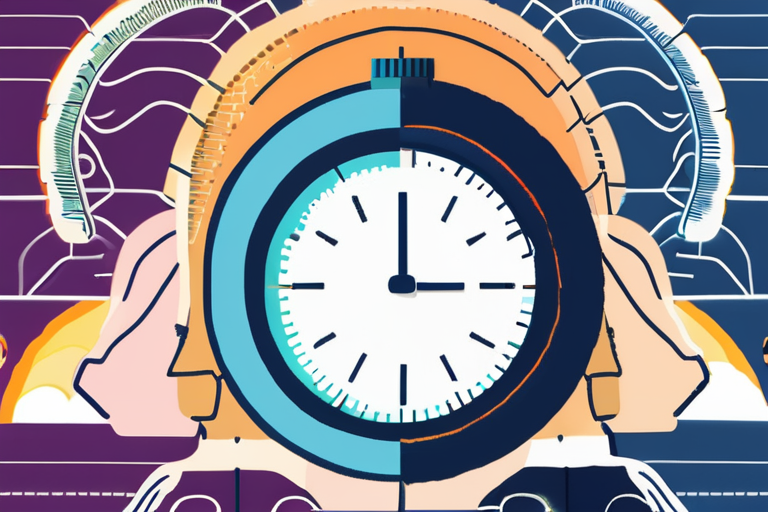
Researchers at Washington University School of Medicine have made a groundbreaking discovery that altering the body's natural rhythm may protect the brain from Alzheimer's damage. By disrupting communication between the body's internal clock and the
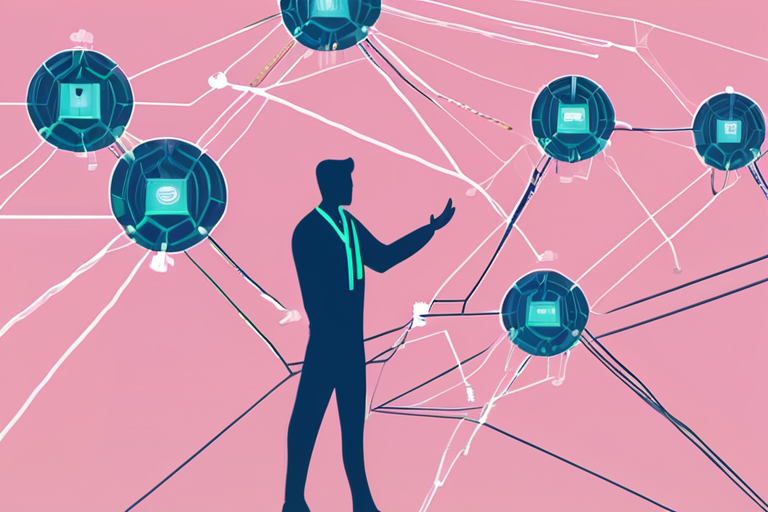
Scientists at Scripps Research and the Allen Institute have launched a $14.2 million project to create a detailed map of the body's "hidden sixth sense," known as interoception. This complex internal communication network monitors vital functions lik

Researchers at Washington University School of Medicine have made a groundbreaking discovery that could potentially protect the brain from Alzheimer's damage. By altering the body's natural rhythm, specifically by turning off a circadian protein, the
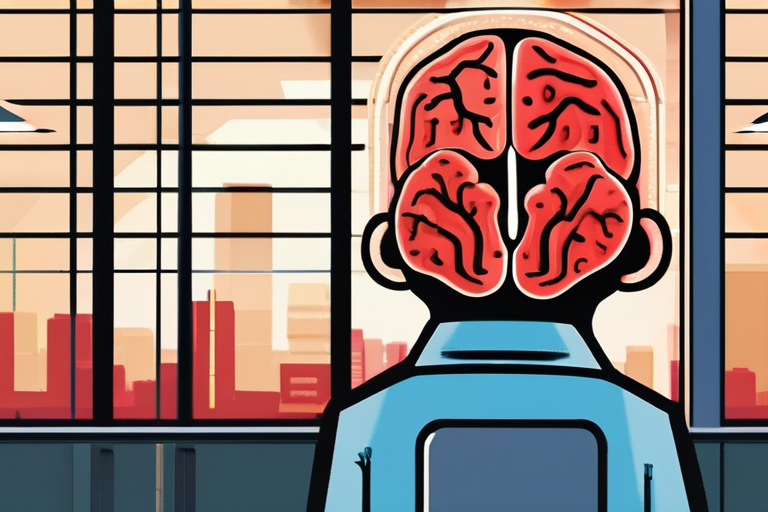
Researchers at Columbia and McGill Universities have made a groundbreaking discovery linking childhood trauma to a specific brain chemical, SGK1, which is associated with depression and suicidal behavior. This breakthrough, reported by multiple sourc

Researchers have discovered that miniature proteins, known as nanobodies, produced by camels, llamas, and alpacas, may revolutionize the treatment of brain disorders such as Alzheimer's and schizophrenia. These tiny proteins can easily penetrate the
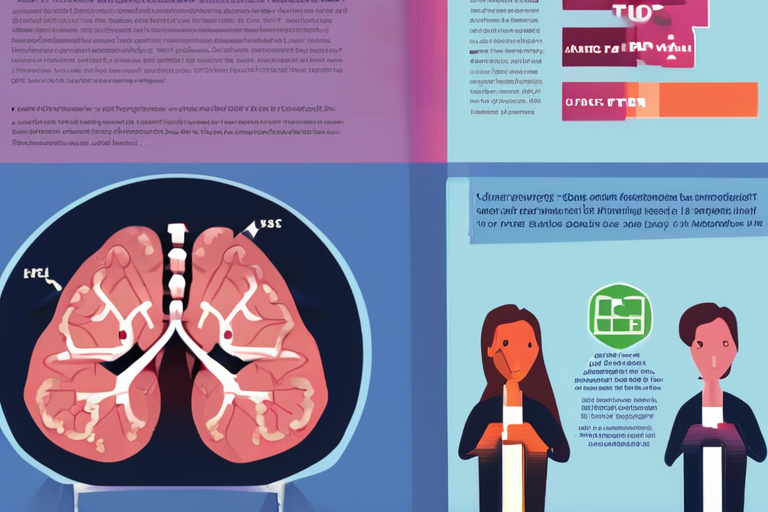
Researchers at the Medical University of South Carolina have made a groundbreaking discovery linking Alzheimer's disease and cancer: a toxic protein in Alzheimer's patients may actually boost the immune system's ability to fight cancer. By enhancing
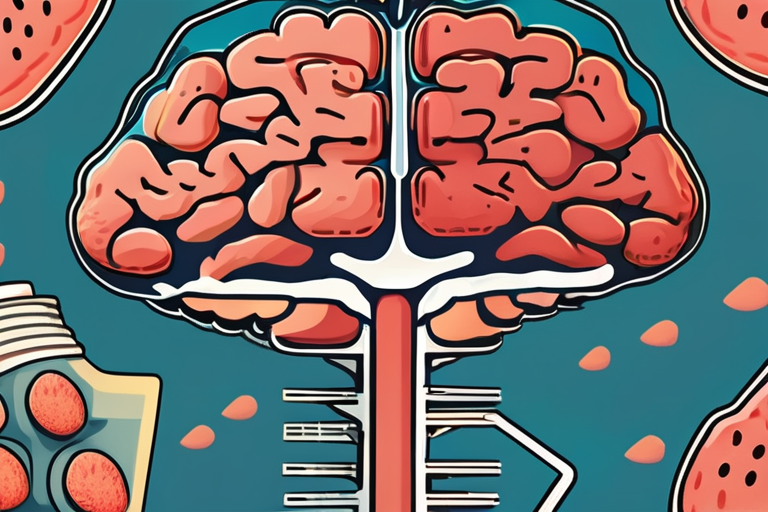
Stanford researchers have made a breakthrough in growing mini human brains, using a common food additive to prevent them from sticking together. This scalable system enables mass production of thousands of identical brain organoids at once, revolutio
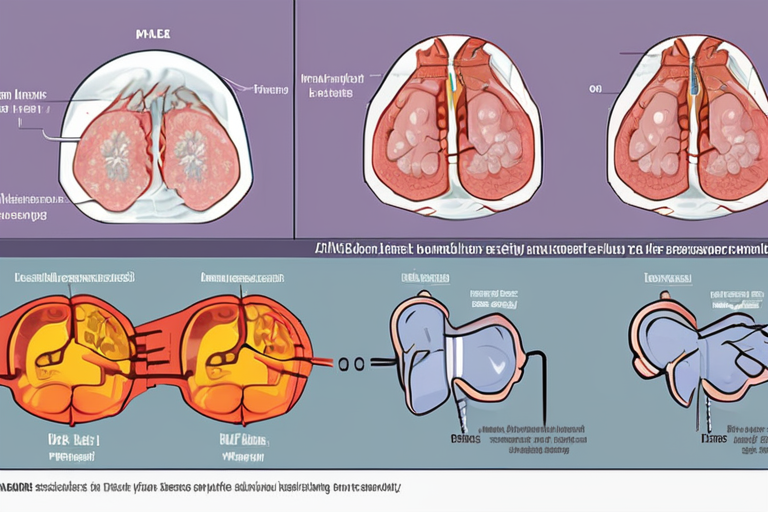
Scientists from Spain and China have made a groundbreaking discovery in Alzheimer's research, successfully repairing the blood-brain barrier in mice with genes that mimic the disease. This breakthrough enabled the brain to naturally clear amyloid-bet
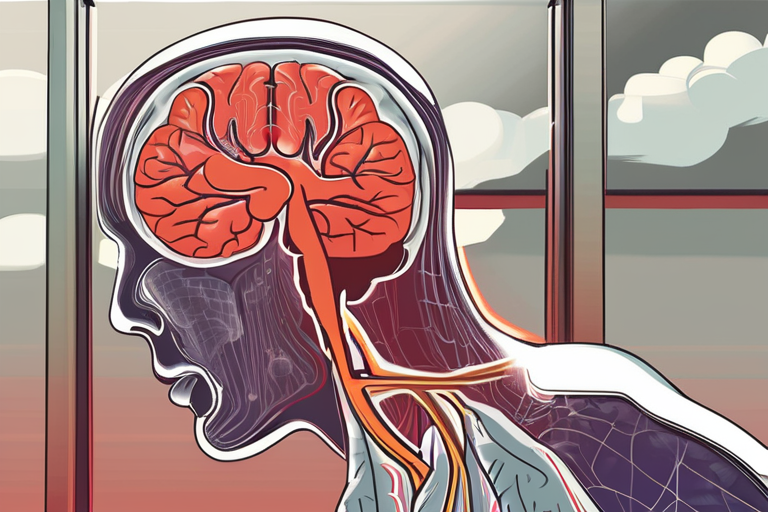
Researchers have discovered a potential link between lung inflammation and the brain's ability to process traumatic events, suggesting that chronic airway inflammation may impair emotional regulation and contribute to post-traumatic stress disorder (
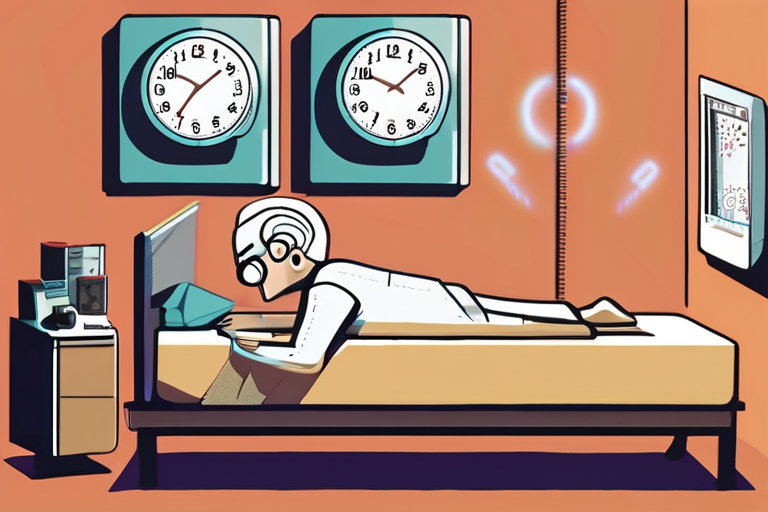
Researchers at Washington University have made a groundbreaking discovery linking Alzheimer's disease to a disrupted sleep-wake cycle, suggesting that the brain's internal clock may be hijacked by the disease. This disruption, triggered by amyloid bu
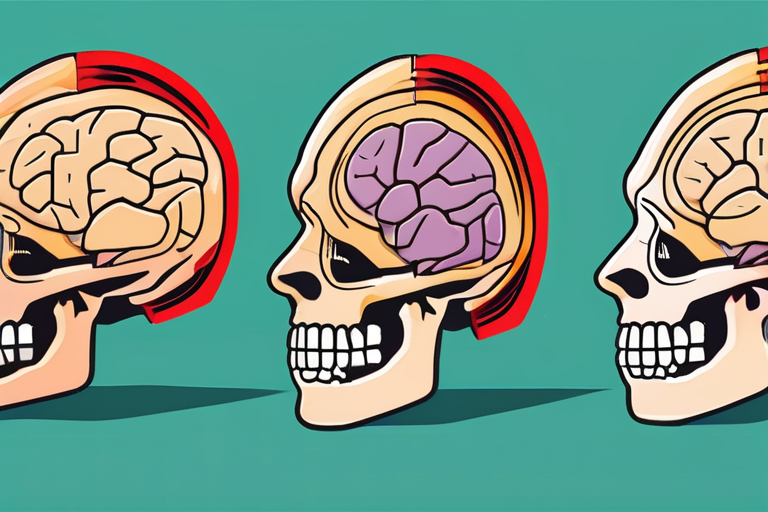
Recent brain scan research has uncovered the neural mechanisms behind soccer fans' intense passion and rage, revealing that wins stimulate reward activity while losses dampen control signals. This emotional storm can be influenced by early experience
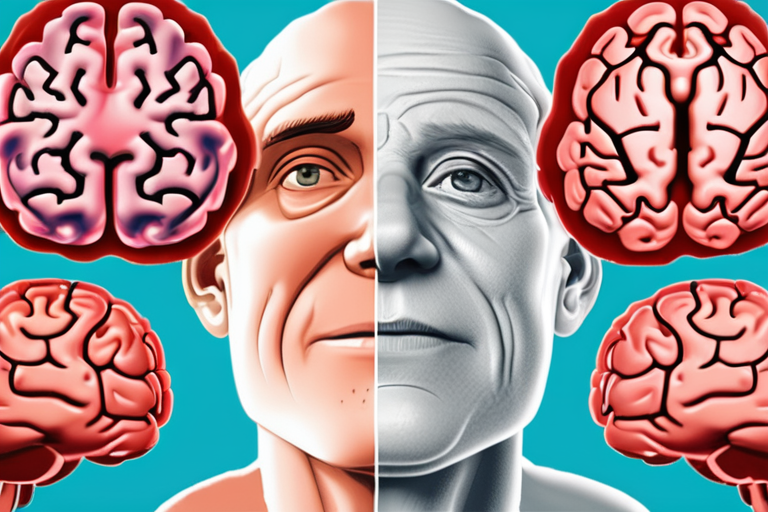
Researchers at Osaka Metropolitan University have made a groundbreaking discovery in the fight against Alzheimer's disease. Despite successfully clearing amyloid plaques with the treatment lecanemab, the brain's waste-clearing ability remains impaire

Researchers at the Icahn School of Medicine at Mount Sinai have made a groundbreaking discovery, identifying a specific type of brain cell called microglia that can help slow the progression of Alzheimer's disease by reducing inflammation and blockin
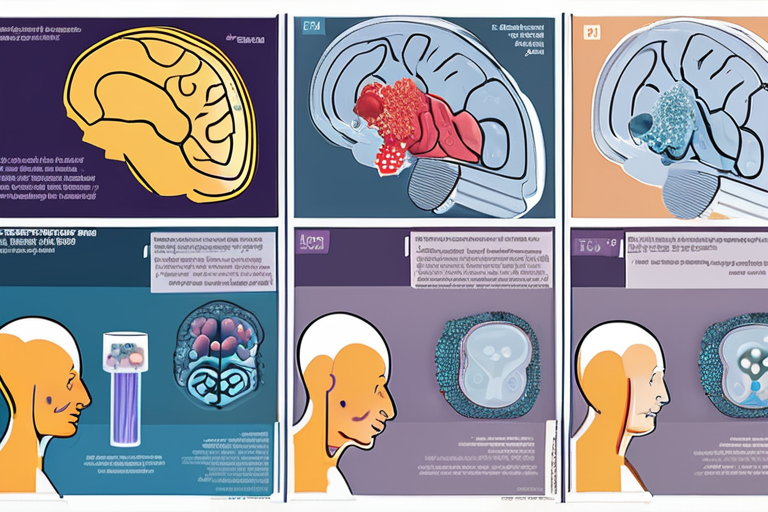
Scientists at Cedars-Sinai have made a groundbreaking discovery, creating young immune cells from human stem cells that can reverse cognitive decline and Alzheimer's symptoms in mice. These lab-grown cells appear to rejuvenate the brain by protecting
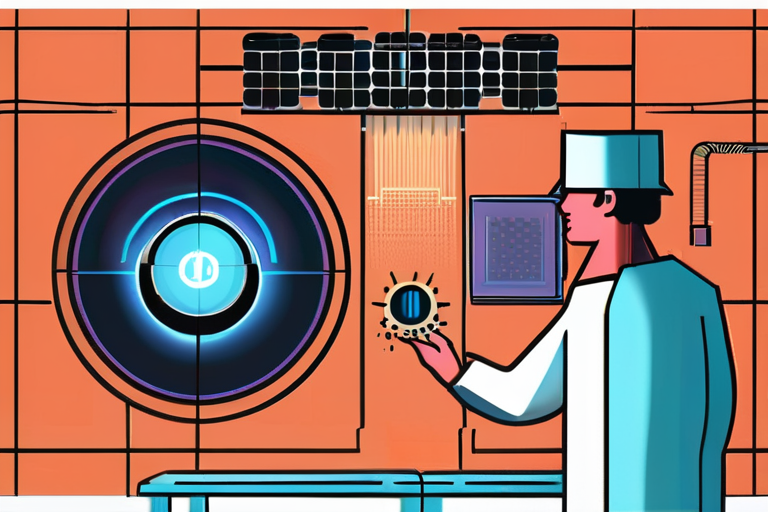
Scientists have launched a groundbreaking $14.2 million project to create a detailed map of the body's "hidden sixth sense," known as interoception, which enables the brain to monitor vital internal signals and maintain essential bodily functions. Th
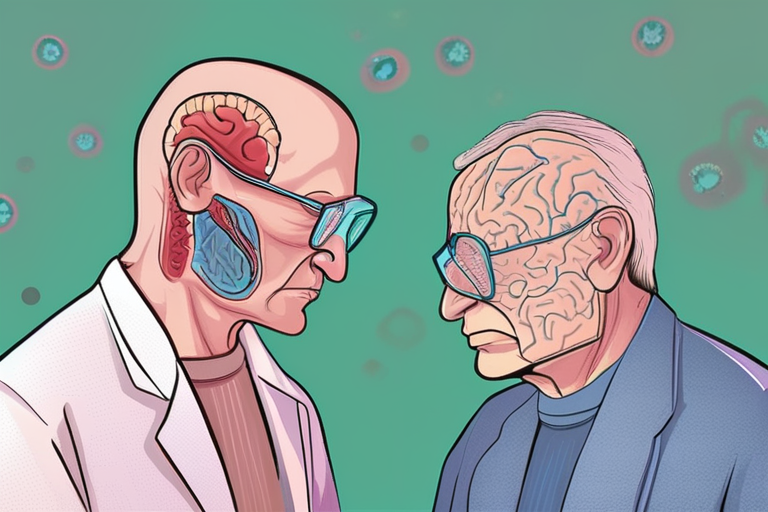
Scientists at the Icahn School of Medicine at Mount Sinai have made a groundbreaking discovery, identifying a specific type of brain cell called microglia that plays a protective role in slowing Alzheimer's disease progression. These immune cells, fo
Share & Engage Share
Share this article